Government Prep Another £250m+ for UK Full Fibre Broadband
The UK Government’s Chancellor, Philip Hammond, is reported to be planning another investment boost of at least £250 million to help further extend the availability of Gigabit capable “full fibre” broadband (FTTP / FTTH) links across more of the country. An announcement is expected on Monday as part of the Autumn Budget.
According to the Telegraph, the extra investment will be targeted toward delivering fibre optic lines to connect more schools, libraries and other publicly-owned buildings. The idea seems to be that by establishing these local “hubs” then other ISPs will later be able to harness them in order to extend ultrafast broadband outward, such as into nearby homes and businesses.
The newspaper doesn’t add any further detail, although the proposed approach sounds like it could be an extension of the existing £200m Local Full Fibre Network (LFFN) challenge fund. The LFFN focused on testing different approaches to stimulate commercial investment in “gigabit capable” broadband (rural and urban) through similar methods (connectivity vouchers, anchor tenants, connecting public buildings to fibre etc.).
Philip Hammond said:
“It is the spending on the skills of the next generation, the infrastructure, including the digital infrastructure, the broadband infrastructure. For the 21st century broadband is to roads in the 20th, railways in the 19th, and canals in the 18th. It’s the network infrastructure that will make this country work.”
Such a boost in funding will be welcome, although £250m+ remains a drop in the ocean of what digitally disadvantaged areas (e.g. rural communities) might eventually need in order to help extend such services out to individual homes and business, which is significantly more expensive than simply connecting key public sites.
Lest we forget that some operators (e.g. Openreach) have already installed fibre optic cables all the way to street cabinets or other buildings inside many rural communities. However, as stated above, extending those fibres beyond those sites and out toward individual premises remains very difficult and expensive.
The Future Telecoms Infrastructure Review (FTIR) very conservatively estimated that bringing FTTP/H to the final 10% of UK premises would require public funding of around £3bn to £5bn. This is on an assumption that it could be matched by investment from elsewhere (private sector, local councils etc.).
On the other hand there are many disadvantaged areas that could certainly benefit from a fibre optic “hub” (particularly places where such cables do not yet reach) and in those locations the proposed approach could have a very positive impact. But at this stage we only have the newspaper’s interpretation and so we’ll reserve further analysis until the full announcement.
Mark is a professional technology writer, IT consultant and computer engineer from Dorset (England), he also founded ISPreview in 1999 and enjoys analysing the latest telecoms and broadband developments. Find me on X (Twitter), Mastodon, Facebook and Linkedin.
« ISPreview Site Status Update – New Discussion Forum
Latest UK ISP News
- FTTP (5507)
- BT (3513)
- Politics (2534)
- Openreach (2296)
- Business (2259)
- Building Digital UK (2243)
- FTTC (2042)
- Mobile Broadband (1970)
- Statistics (1787)
- 4G (1661)
- Virgin Media (1615)
- Ofcom Regulation (1458)
- Fibre Optic (1393)
- Wireless Internet (1388)
- FTTH (1381)




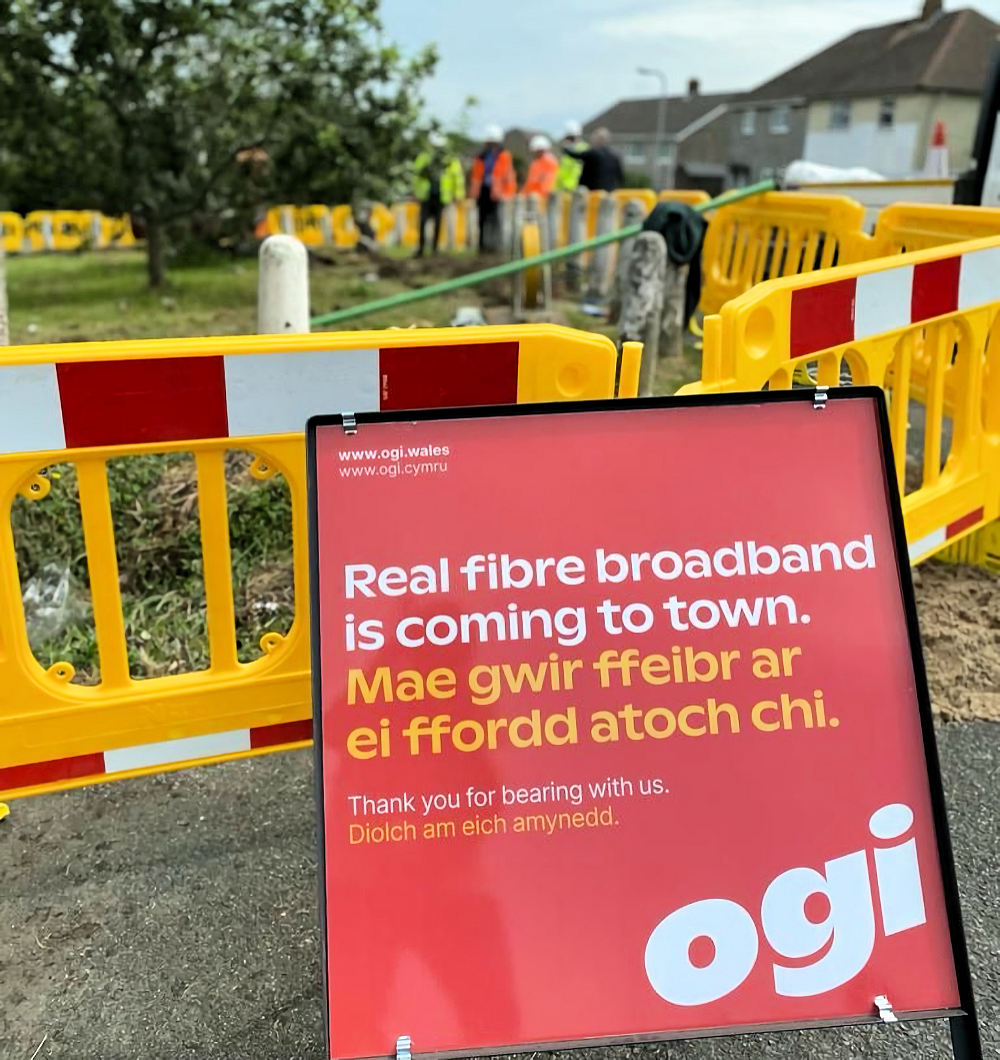



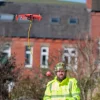









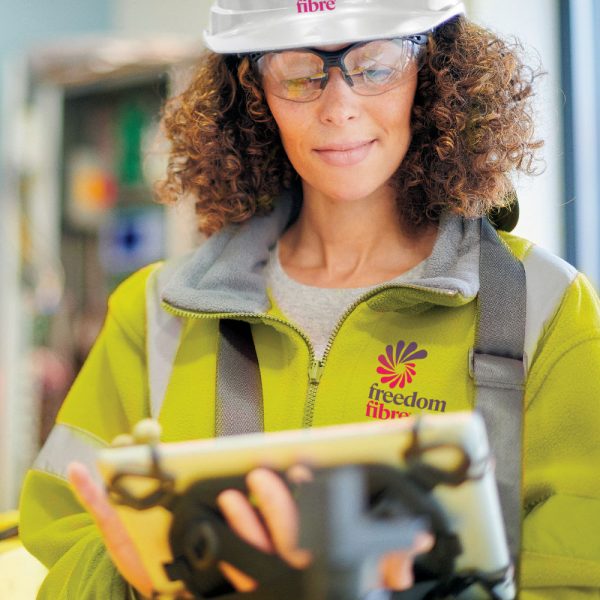

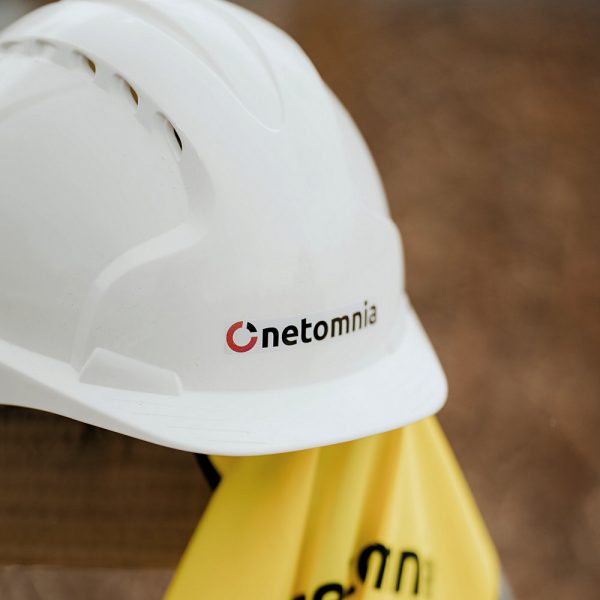
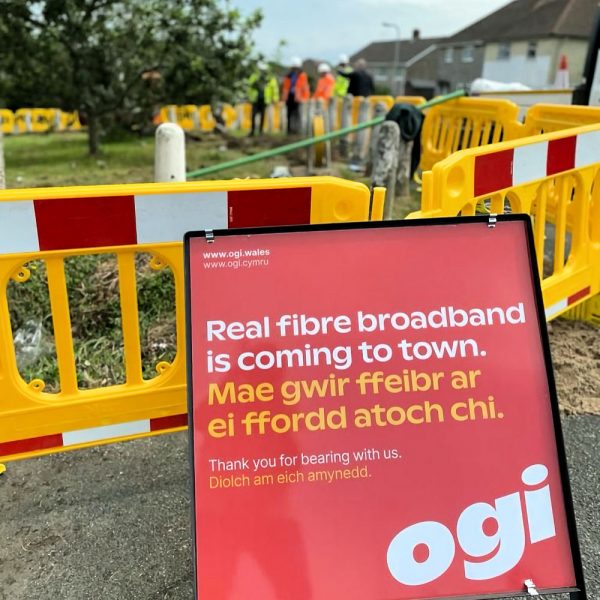


































Waste of taxpayers, should have putting NHS first.
Drop HS2 and fund both
(sighs) Fttp boosts the economy and generates taxes that pay for the NHS.
Wait till we leave the European Union, we will have £13.1 billion a year to spend on other stuff for our country e.g put more into NHS and FTTH/B rollout without drawing any money out from other budgets.
@Jack: No we won’t.
That £13.1 billion figure is the total money contributed to EU organisations in 2016. It ignores everything that it pays for in the UK and all the extra costs of Brexit itself and being outside the EU.
Realistic forecasts say the country will have less to spend in the years after Brexit, the case of the Brexiteers is that we’ll do better in the long term after we’ve spent the next decade paying for the necessary restructuring.
The NHS is a sinkhole, privatize it and deregulate healthcare.
I feel BT is a sink hole, always after more public money and when they get it they never deliver what you want. That’s after privatisation, We should have had FTTH 20 years ago. Pay for it by selling the copper you replace.
I’m no expert just frustrated at the glacial speed of BT and the incompetence of multiple government’s preferring to build train tracks than build the best platform to enable creative cottage industries. Until we get fast synchronous connections we’re essentially being encouraged to consume more than create.
Because private healthcare works so well in the USA in terms of value for money. Yay.
The Brexit dividend stuff based purely on EU contributions has been debunked a bunch of times. There’s exactly one think tank that think there will be one and they are far-right wing libertarian mentalists who, sadly, have the ear of various people in government. Their masterplan advocates mass unemployment and completely misuses data to try and make its point.
There will be no ‘dividend’ for the foreseeable future. Decades, if ever. Source: pretty much everyone from the NAO to the OBR to various independent research institutions.
The sooner people get it through their heads that even the biggest cheerleaders for this have stopped saying that it’s about economics and money for a good reason the better.
Joe, yeah only if you can actually get it – only people in about 6 places in the UK seem to get it
Might work quite well if this is essentially backhaul provision and others can then pick up the local connections via the voucher scheme. Makes the thing less complicated to get off the ground.
As ever the devil is in the detail.
If it breaks down a few barriers and connects some schools and health centres at the same time then good.
There is an element of madness that there is fibre to your local FTTC cabinet but that OR are determined that that cannot be viewed as a distro node. And yes, we would all love it that the FTTP network was designed on a blank piece of paper as an ideal FTTP network but that is not how things happen unless you have £25Bn from the magic money tree: we and they don’t so it is time for pragmatic work arounds.
I’m sure you see the same but a lot of schools/village halls and other hub buildings are still not even FTTC and even where they are its holding back small communities. It wouldn’t take that much to push FTTP into these areas and open up much wider deployment by other providers from it.
@A_Builder. Sorry but I disagree with you regarding using cabinets for FTTP nodes. Whilst this makes sense short term the whole benefit of fibre is that you can have fibre all the way from the Exchange to the premises without the long term need for power or street furniture liability particularly when blanket implementation. It may suit Gigaclear etc to use street furniture but centralised equipment is easier to install, maintain, upgrade and balance demand. In central locations the street cabinets are not only an eye sore they cause obstruction therefore OR know they have pushed their luck adding FTTC cabinets to the existing PCPs. A lot of FTTC cabinets are already to capacity without reengineering and there are many London boroughs which would bulk at yet another cabinet during the migration. Therefore the long term possibility to remove the FTTC (and possibly the PCPs eventually) and removing the power dependency is a good one.
BT may consider the closure of some existing exchange buildings and that may alter the policy above but with the distances obtainable I expect more centralised nodes (about the size of the old SAX).
OR may be more flexible in very rural areas where the feed fibres are very long but I think their approach is commercially sound and creates a more resilient network. If they didn’t already have the Exchanges then perhaps not but they do.
@Meadmodj
There is no reason that the AGnode cannot be underground in a pit/chamber next to the DSLAM in urban environments.
If it is in a rural setting there is precious little reason not to colocate PCP/DSLAM/AGnode.
OR had a very dogmatic approach to FTTP for a long time and I think by sticking with this they have made life significantly more difficult for themselves.
@A_Bulider – stop sending 13b a year to Africa – there’s a work around.
Seems to be an assumption that public buildings and schools are the best place to have new connection hubs… doesn’t really seem like the most sensible way to plan a network.
They usually are in rural areas. Schools and village halls are usually central to villages.
Like libraries and post offices both of which are being closed down rapidly. Small schools will also likely close in favour of fewer bigger schools. I’d prioritize FTTH as I see it as having the most opportunity.
Like many villages, our local school was a priority for the BDUK FTTC rollout. They have a good FTTC connection. All the properties outside the village centre are EO lines and so can’t benefit at all. I can see the school from my window (about a mile away), but the nearest node for FTTPoD or leased line is apparently 11 miles away.
If they are proposing a FTTP aggregation point or node (or whatever the term is) near every school/library, then it may just help properties such as mine in the long term. However it will mean spending a lot of money improving connections to the only places in many villages that already have good connections, when perhaps it would be better spent improving the connections for properties that don’t yet have the option of FTTC/FTTP.
Personally I’d like to see backhaul/aggregation nodes built in more areas to allow altnets and community schemes to have somewhere to connect to that doesn’t cost tens of thousands of pounds. I suspect that many smaller areas would become commercially viable if backhaul were available within a mile or so rather than 11 miles. However, I suspect that schools and village halls may not be the best places for them.
@AnotherTim
I agree with you.
However, there is no technical reason why the fibre from the AGnode to the DSLAM can’t be either
a) used to run an AGnode that is in close proximity to the DLSAM
b) fit a fibre card into the DSLAM
c) use the spare fibres that were almost certainly run to the DSLAM to run a local AGnode
The ‘we can’t do this’ is pure OR doctrine over pragmatism.
I am a bit surprised that there hasn’t been more of a campaign to burst the bubble on this.
Really the issue is that basing FTTP networks around the the topology of PCP’s is non ideal if you are costing against blank pieces of paper. But OR is not. So it is false logic. Ducts go from A to B and the A tends to be the phone pole and B tends to be the PCP. As everyone has, by now, realised changing civils is the expensive and time consuming part of the operation. So if a solution exists that mitigates levels of civils then it is probably the way to go.
@Joe I get your point but that assumes ‘rural’ means villages and hamlets etc. Possibly we need to be using some other term. A vast amount of Rural properties are just strung out along the roads linking towns and villages. I’m not aiming the next bit at you.. just need to take a look at the ofcom broadband checker to really see how big a problem what is left after BDUK really is.
https://checker.ofcom.org.uk/broadband-coverage
Won’t do anything for rural areas where the problem is longer lines. Providing FTTP to public buildings will do nothing for the digitally disadvantaged.
Totally, Our village hall is practically sat on top of the FTTC cab, there are very few houses close enough to get good vdsl speeds everyone else is too far away, sadly that cabinet is a very long way out from the AG node too rendering any Fttp/fttpod deployments hugely expensive.
As highlighted previously LFFN has gone to the wrong places namely large towns where there is already competition.
If there is to be further subsidy in funds I hope it is directed where it is commercially challenging not lining the pockets of large investors.
Rather than further increase the complexity of public broadband funding in the UK by yet another nontransparent scheme why can’t the current voucher systems simply be increased in value and extended (to all villages/hamlets forecast not to get Superfast) with a revised minimum criteria of 50Mbps FTTP with mandatory upgrade options to 1Gbps.
This seems like news from 10 years ago. Here in Kent a lot of the schools were/are? are connected to KPSN. But this has done nothing to help locals. The KPSN network is leased lines and having a fibre optic leased line passing in the road does nothing for residential FTTC/FTTH broadband availablity.
If this money can be used ONLY for altnets then maybe there is a change the they can get a foot hold and give BT something to s**t their pants about. The only way to get BT to improve coverage is to make them think they will loose their monopoly.
BT does not have a monopoly for broadband only a SMP. There is no currently (await USO) for them to provide broadband and specifically FTTP.
Correct if the objective is local business and consumers it should not be designated for schools, that should be secondary objective. Many County Councils have already had broadband initiatives for schools so we don’t want this to simply replicate existing connectivity. It has to be focussed on rural communities and new fibre.
The Government should provide equitable support where commercial implementation of FTTP is unviable. Then any provider or community initiative can utilise such support. That then may encourage more providers to join Gigaclear in rural areas. The majority of current investment is going into urban with inevitable overbuild.
As found by Superfast Cymru the only practical provider may be Openreach in many rural areas and Gigaclear have to resource their current commitments before they can consider further expansion. Therefore unless rural investment increases significantly you may be dependent on OR or one of the niche ISPs.
My understanding is the likes of VM could and obliterate BT in the process – but they won’t because BT has to go first- it’s really chicken crap behaviour
Handing out millions upon millions of tax payers money has never once given the taxpayer a hand out back with interest. Where does all this money end up? a digital age only has one main advantage over anything. It can create money out of thin air and yet again the tax payer has to live the life of a slave indebted to the pot with a small few gathering the rewards, I wish to retire or possibly get to that age and have at least a few months of peace and quiet from the bullshmit of what you think is best for businesses to make profit, abolish money and let’s start an economic future that’s not run by greed fortunes and debt, waste and destruction of property costs billions yet we still need the internet? Crazy people making crazy decisions isn’t economically viable for the planet. Without a planet what’s the point!
Perhaps followed soon after by abolish freedom, abolish democracy.. become the Soviet Union.
“Handing out millions upon millions of tax payers money has never once given the taxpayer a hand out back with interest.”
This is to ignore all of the advancements that you have just taken for granted, such as various massive improvements in healthcare, transport systems, the very fact you can get gas, water, broadband or electricity at all etc.
Try living in some other countries outside of the well-developed ones for a change and you might better appreciate that while what we have is not perfect, it may in fact be much closer to the Utopia of your dreams than realised.
Perfectly Said